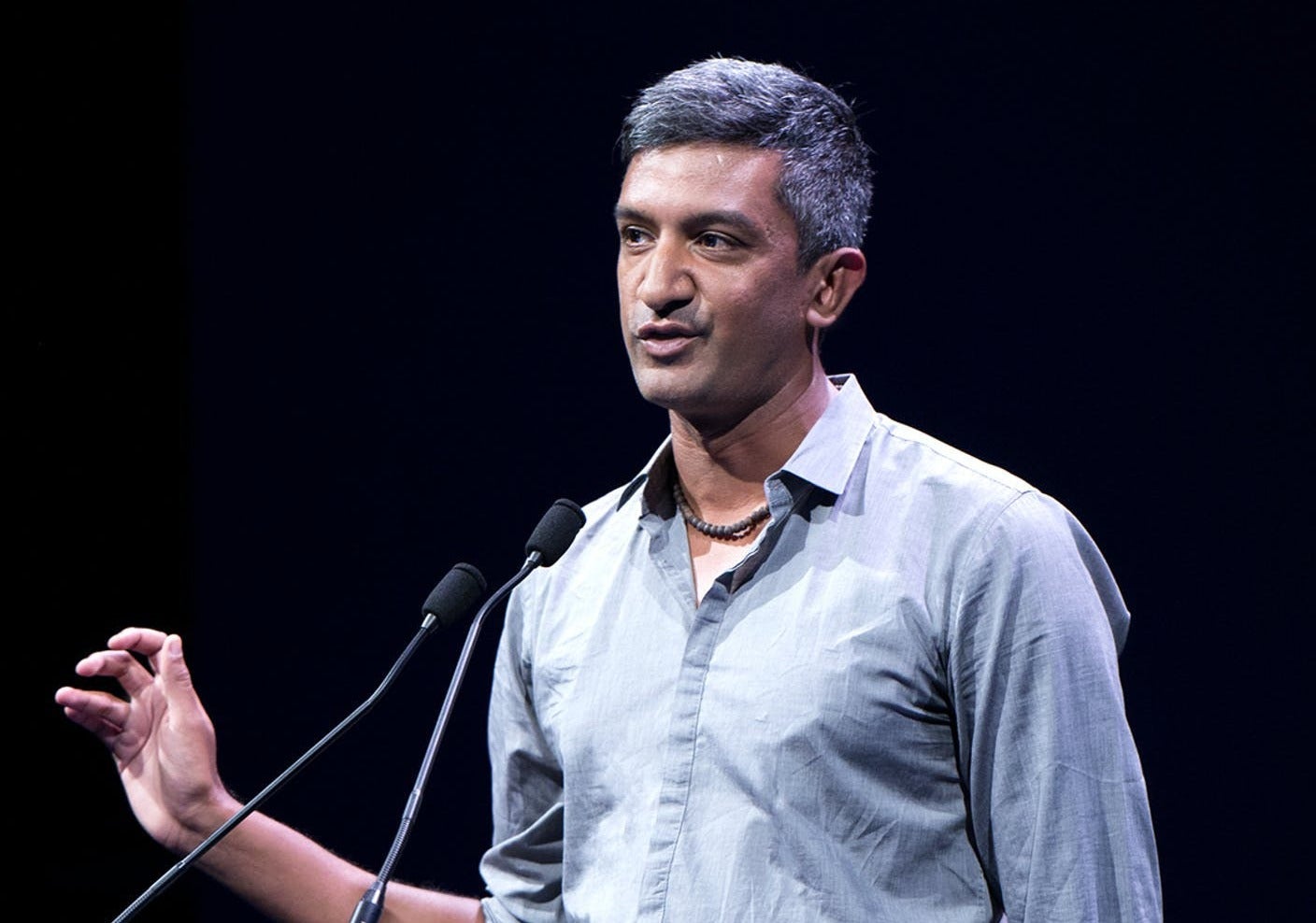‘We are digitally addicted’: Big tech expert advises how we should view Facebook’s mass outage
Mark Zuckerberg’s social media giant went dark for more than six hours
When Facebook, Instagram and WhatsApp went dark for more than six hours, it left its billions of users without a major form of communication and severely disrupted their online lives.
Facebook and its apps, which are all owned by Mark Zuckerberg’s social media giant stopped working at around 11.40am Eastern Time on Monday, and started coming back to live after 6pm.
Dr Ramesh Srinivasan, a professor at UCLA’s Department of Information Studies, is an expert in the relationship between technology, politics and companies.
During the time that Facebook was down, he told The Independent how the platform’s users should view the company, that despite the drop in share price caused by the lengthy outage is still worth almost $1 trillion.
Was this outage a welcome break from an increasingly “toxic” social media platform?
“There’s been controversy after controversy, related to Facebook, because Facebook, quite frankly, has never really shown in good faith that it’s interested in governance of its platform by the specific types of communities and stakeholders around the world that are most perniciously affected by it.
“So for Facebook and Instagram to be down for some period, people may be celebrating that because they are so tired of Facebook’s irresponsible business practices, all the while it is becoming a trillion-plus dollar valued company.
“But at the end of the day, it seems quite likely that Facebook as a company and Facebook as a platform are here to stay. Because they have approximately 3 billion users around the world – far more than any other social media platform.
“They own Instagram and WhatsApp, which both have a massive a user base in their own right.
“So the real question isn’t about Facebook the platform being down for some temporary amount of time, but how Facebook, the company must choose to be responsible to the wider public that is constantly monetises, surveils and manipulates.

“How do we push Facebook to recognise that they can continue to have an a thriving business without being completely socially irresponsible?
“We know that Facebook’s algorithm privileges the sensational and the outrageous, because that is tried and true, that activates our sympathetic nervous system and gets us into fight or flight kind of responsiveness.
“And you know, this is a tried and true model. We’ve known this for decades. So Facebook knows this.
“They’re not really willing to do much about it, if anything, of course, they are open to certain types of low-level regulation, but they’re not interested in intervening in relation to the basis of their toxic business model, which is the algorithm in and of itself.”
Was the outage an argument for why these giant platforms should not all be owned by one single company?
“Facebook’s ownership of what’s WhatsApp and Instagram allows it to operate across multiple platforms that would be otherwise competing with each other, especially Instagram.
“Instagram, in a sense, allows Facebook to fill in its gaps, because Instagram works with younger people. And Facebook as a platform right now is dominant amongst older people.
“And in many countries in the world, people don’t even use their local cell phone providers, they use WhatsApp, it has has become this telephone system in numerous countries around the world,.
“It’s also important to note that the vast majority of Facebook, the company’s users, whether it’s Facebook, whether it’s via Facebook the platform or WhatsApp, are not in Europe or the United States or the global north, so to speak. They are in the African continent, South America, Latin America, and of course, Asia and South Asia.”
What does this outage tell us about society’s social media addiction?
“I have asked my students in the first week of class at UCLA, do take what I call a digital detox, take 12 hours away from the use of any use of digital technology, whether it’s a social media, email or anything.
“We are digitally addicted, because our lives – our social lives, our economic lives, our political lives, sadly, even our personal lives – are mediated by these digital technologies.
“Is an essential component of what we need to recognise that we have a certain kind of tendency to seek out connection and intimacy and vulnerability and everything in our lives
“The endgame here has to be the for some for real kinds of regulations. I don’t think it’s going to be easy to break up Facebook.
“But I think there maybe another model we can also consider, which is regulating Facebook, like a public utility, which might be easier to apply at this time.”
Join our commenting forum
Join thought-provoking conversations, follow other Independent readers and see their replies
Comments
Bookmark popover
Removed from bookmarks